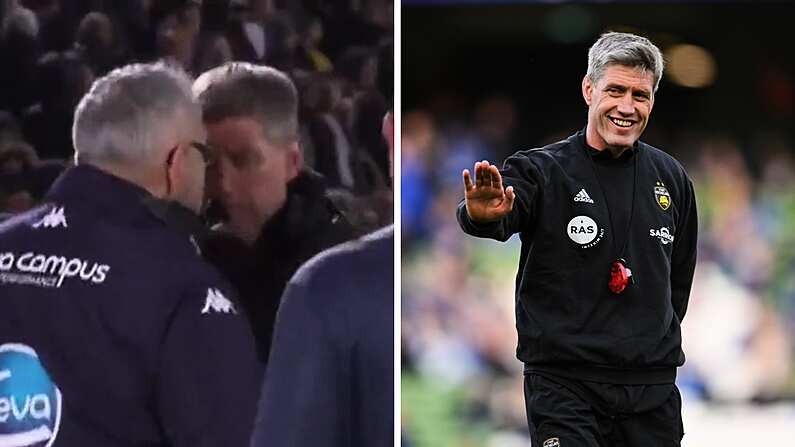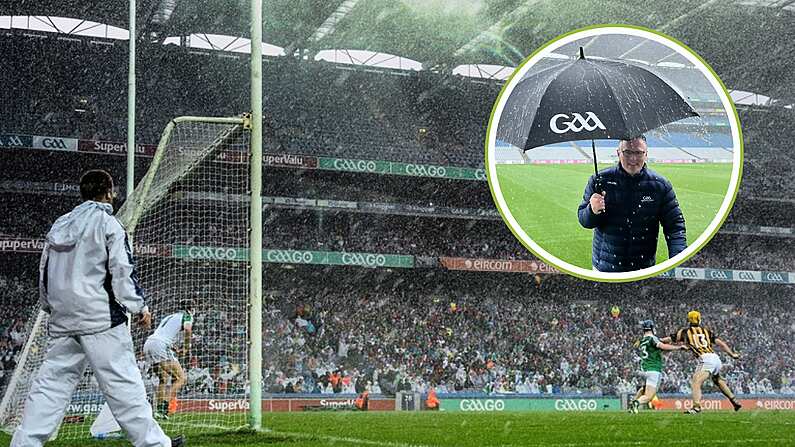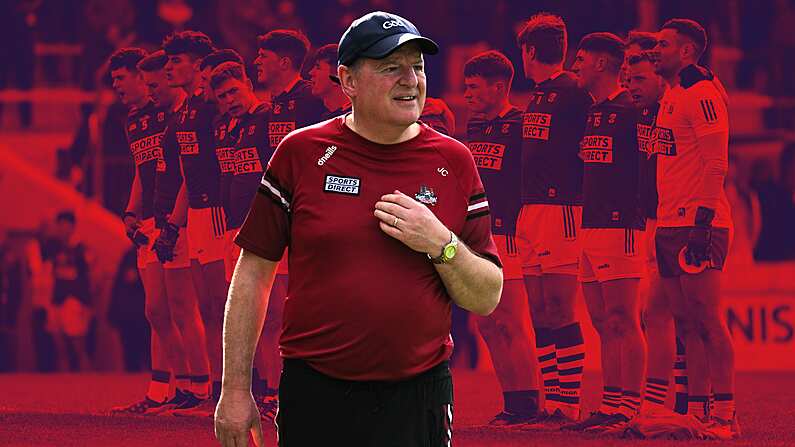The annual GAA Congress took place on Friday and Saturday at the Canal Court Hotel in Newry, Co. Down with delegates attending from all corners of the country and beyond.
It was a momentous weekend for the sport as Jarlath Burns from Armagh became the 41st President of the GAA since 1884, taking over from New York's Larry McCarthy who's three year term came to an end.
WATCH: Larry McCarthy formally bestows the medal of office to the new GAA President Jarlath Burns at Congress 2024. #GAANews pic.twitter.com/VUnwvjOpSB
— The GAA (@officialgaa) February 24, 2024
GAA Congress also saw 26 motions debated and voted on by the delegates in attendance. As a result of these some interesting rule changes will soon be coming into effect.
A look at some of the rule changes passed at GAA Congress
Amongst these will be that cards, in all circumstances, issued in normal time carry forward into extra-time.
The motion was passed by 87% of the delegates who voted.
The proposal was outlined by the Ard Chomhairle's Mel Clarke.
"The reason for the motion is to get clarity for team officials and match officials. For example, at the moment ticks carry forward, but a yellow card doesn't carry forward," Clarke said.
Seperately Down brought forward a motion which called for no appeal to be allowed against the decision of a Competitions Control Committee (CCC) to appoint a referee. It was passed emphatically with 95.4% of delegates voting in favour of it.
The current rule refers only to the Central Competitions Control Committee and Provincial Competitions Control Committee and was brought forward by Down in the wake of their 2023 county final controversy, which saw Kilcoo appeal the decision to have referee Paul Faloon take charge of the game.
U20 inter-county eligibility for senior teams has now also be changed in the wake of a proposal from Cork, who had 70% of the vote go their way.
A 60-hour window will now be introduced for players who wish to feature in both U20 and senior championship fixtures, replacing the previous seven day restriction.
The restriction had only applied to tier one hurling and tier one and tier two football competitions, but the 60-hour rule will impact all tiers moving forward.
The penalty for using abusive language towards a referee, umpire, line umpire or sideline official has now also been increased.
94.2% of delegates backed Armagh's proposal which will now see such behaviour moving to a 'category four infraction' meaning rather than a one game ban, players will be banned for two.
SEE ALSO: Peter Canavan Outlines The Challenges Facing Jim Gavin In His New Role













